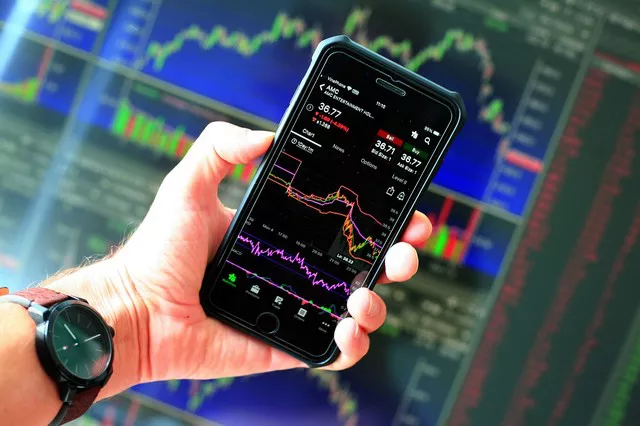Futures contracts are popular financial instruments used by traders to speculate on the future price movements of underlying assets, such as commodities, currencies, stock indexes, and interest rates. However, there is a common misconception that futures contracts inevitably lose value over time. In this article, we will debunk this myth and explore the factors that influence the value of futures contracts, highlighting why futures contracts do not inherently lose value over time.
Understanding Futures Contracts
Before delving into whether futures contracts lose value over time, it’s essential to understand the basics of futures contracts. A futures contract is a legally binding agreement between two parties to buy or sell a specified asset at a predetermined price (the futures price) on a specified date (the expiration date). Futures contracts are standardized and traded on regulated futures exchanges, such as the Chicago Mercantile Exchange (CME) or the Intercontinental Exchange (ICE).
Futures contracts serve several purposes, including facilitating price discovery, managing risk, and providing liquidity to market participants. Traders use futures contracts to speculate on price movements in the underlying assets, hedge against price risk, or arbitrage price differentials between related contracts. Each futures contract represents a specific quantity of the underlying asset and has a defined expiration date, after which the contract is settled either through physical delivery of the asset or cash settlement.
Factors Affecting the Value of Futures Contracts
The value of a futures contract is determined by several factors, including:
1. Underlying Asset Price: The most significant factor influencing the value of a futures contract is the price of the underlying asset. If the price of the underlying asset moves in the direction anticipated by the futures trader, the value of the futures contract will increase. Conversely, if the price moves against the trader’s position, the value of the futures contract will decrease.
2. Time to Expiration: The time remaining until the expiration date of the futures contract also affects its value. As the expiration date approaches, the value of the futures contract may change due to factors such as time decay and changes in market expectations. However, it’s important to note that the impact of time decay on futures contracts is less significant compared to options contracts, which have explicit time decay (theta) components.
3. Interest Rates: Interest rates play a crucial role in determining the value of futures contracts, particularly for contracts involving financial assets such as stock indexes or interest rates. Changes in interest rates can affect the cost of carrying the underlying asset and influence the value of the futures contract relative to the spot price of the asset.
4. Supply and Demand Dynamics: Supply and demand dynamics in the futures market can also impact the value of futures contracts. Factors such as changes in production levels, geopolitical events, and market sentiment can affect supply and demand for the underlying asset, leading to price fluctuations in the futures market.
Do Futures Contracts Lose Value Over Time?
Contrary to popular belief, futures contracts do not inherently lose value over time. While it’s true that the value of a futures contract may change as the expiration date approaches, this change is not necessarily negative. In fact, futures contracts can gain or lose value over time depending on various factors, including changes in the price of the underlying asset, market expectations, and interest rates.
For example, if the price of the underlying asset increases before the expiration date, the value of a long futures contract will increase, allowing the trader to profit from the price appreciation. Conversely, if the price decreases, the value of the futures contract may decline, resulting in a loss for the trader. Similarly, changes in market expectations or interest rates can also affect the value of futures contracts, leading to fluctuations in their prices over time.
It’s essential to recognize that futures contracts are dynamic financial instruments that respond to changes in market conditions, supply and demand dynamics, and investor sentiment. While the value of a futures contract may fluctuate over time, it does not inherently lose value simply because time passes. Instead, the value of a futures contract is influenced by a complex interplay of factors, including the price of the underlying asset, time to expiration, interest rates, and supply and demand dynamics.
Conclusion
In conclusion, futures contracts do not inherently lose value over time. The value of a futures contract is determined by various factors, including the price of the underlying asset, time to expiration, interest rates, and supply and demand dynamics. While the value of a futures contract may change as the expiration date approaches, this change is not necessarily negative and can result in either a profit or a loss for the trader, depending on market conditions and the trader’s position. By understanding the factors that influence the value of futures contracts, traders can make informed decisions and effectively manage risk in the dynamic and complex world of futures trading.


